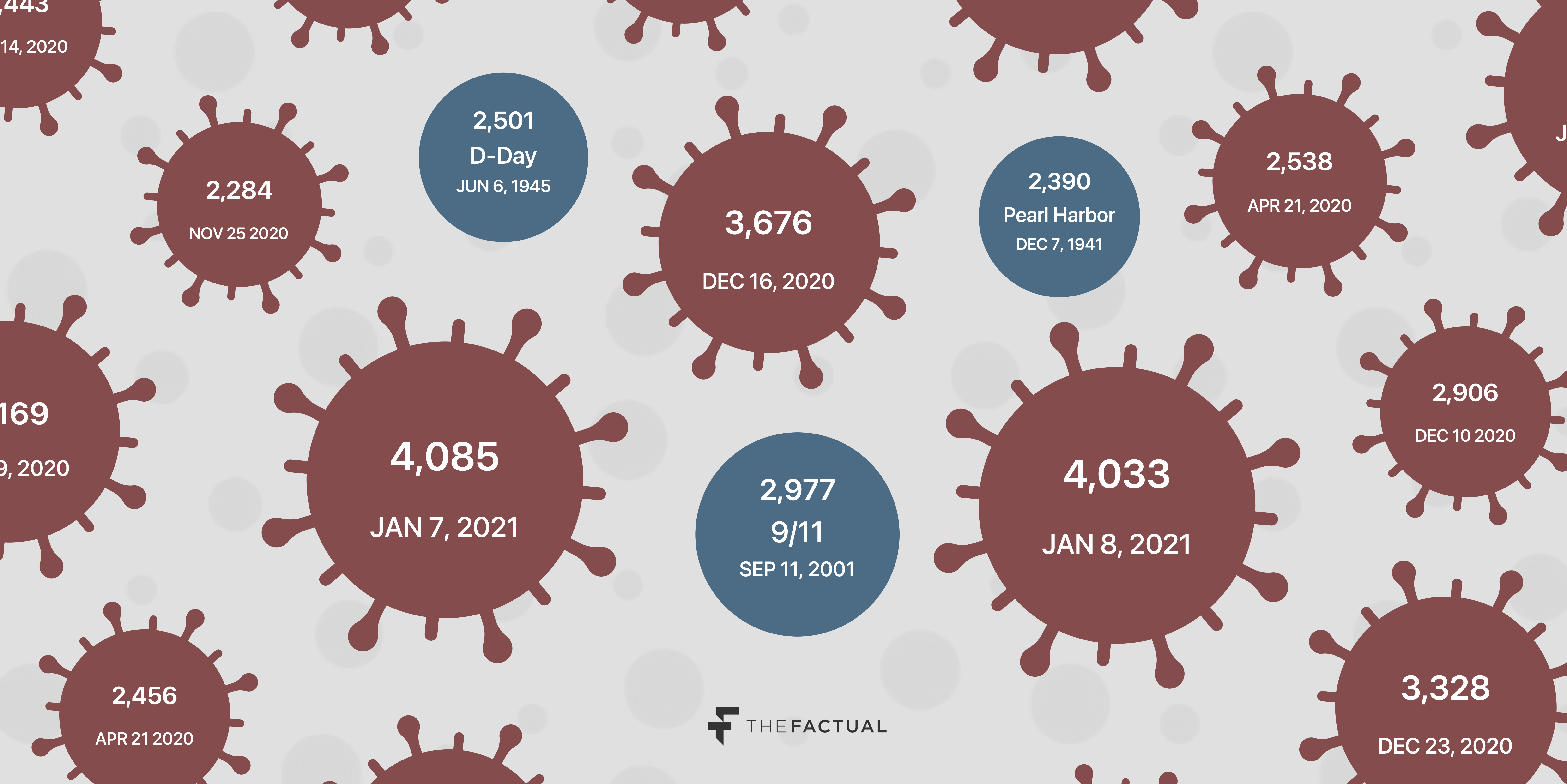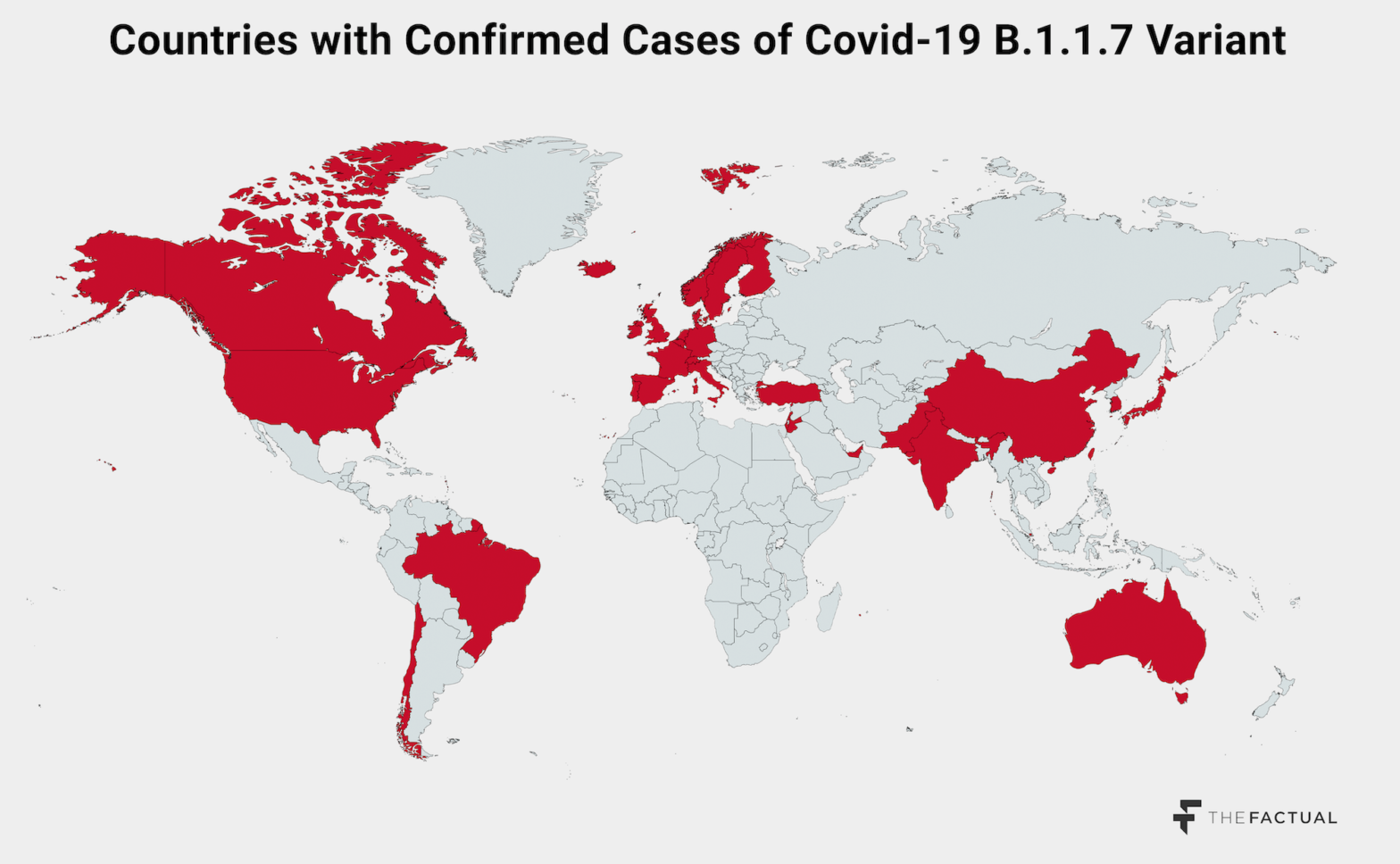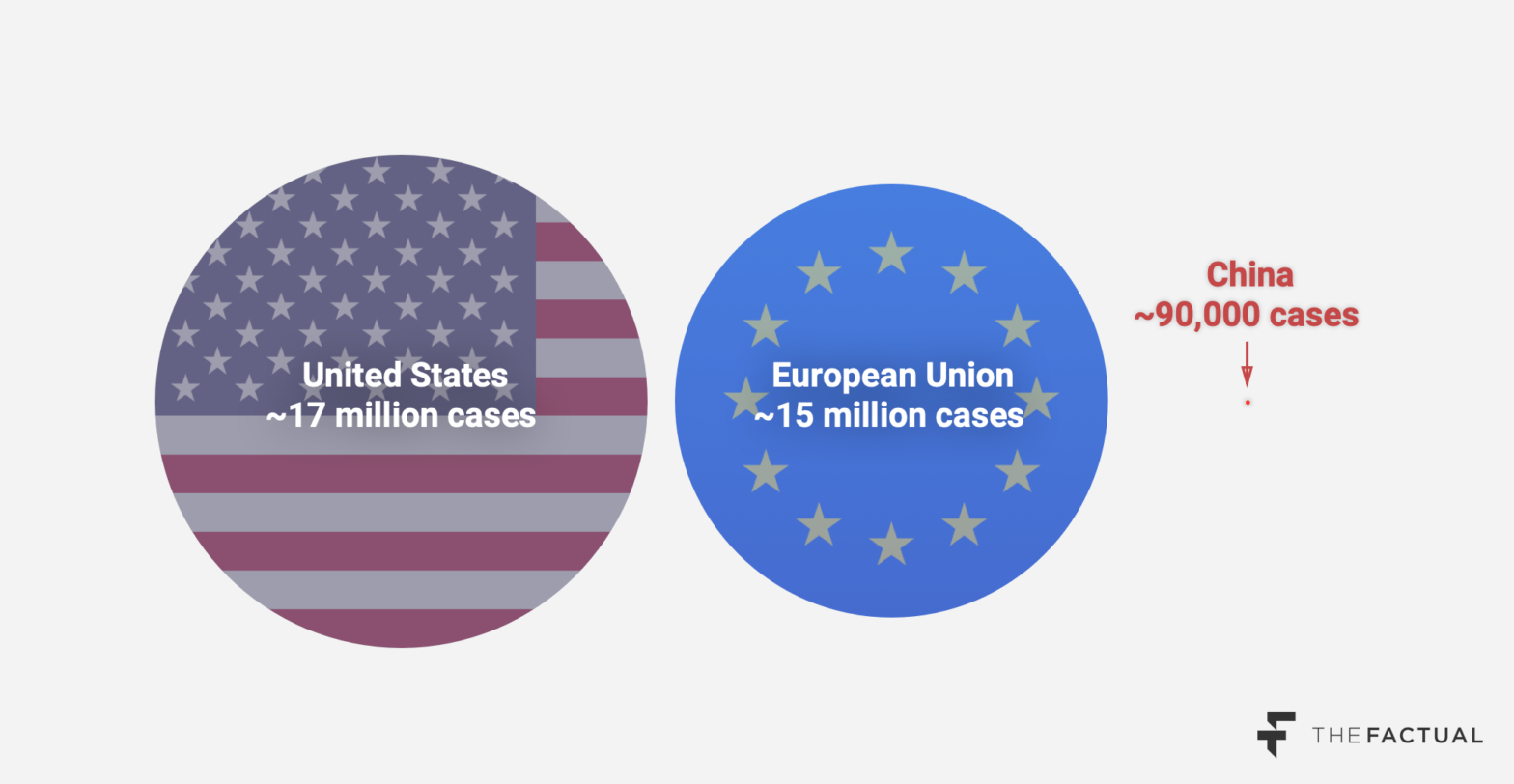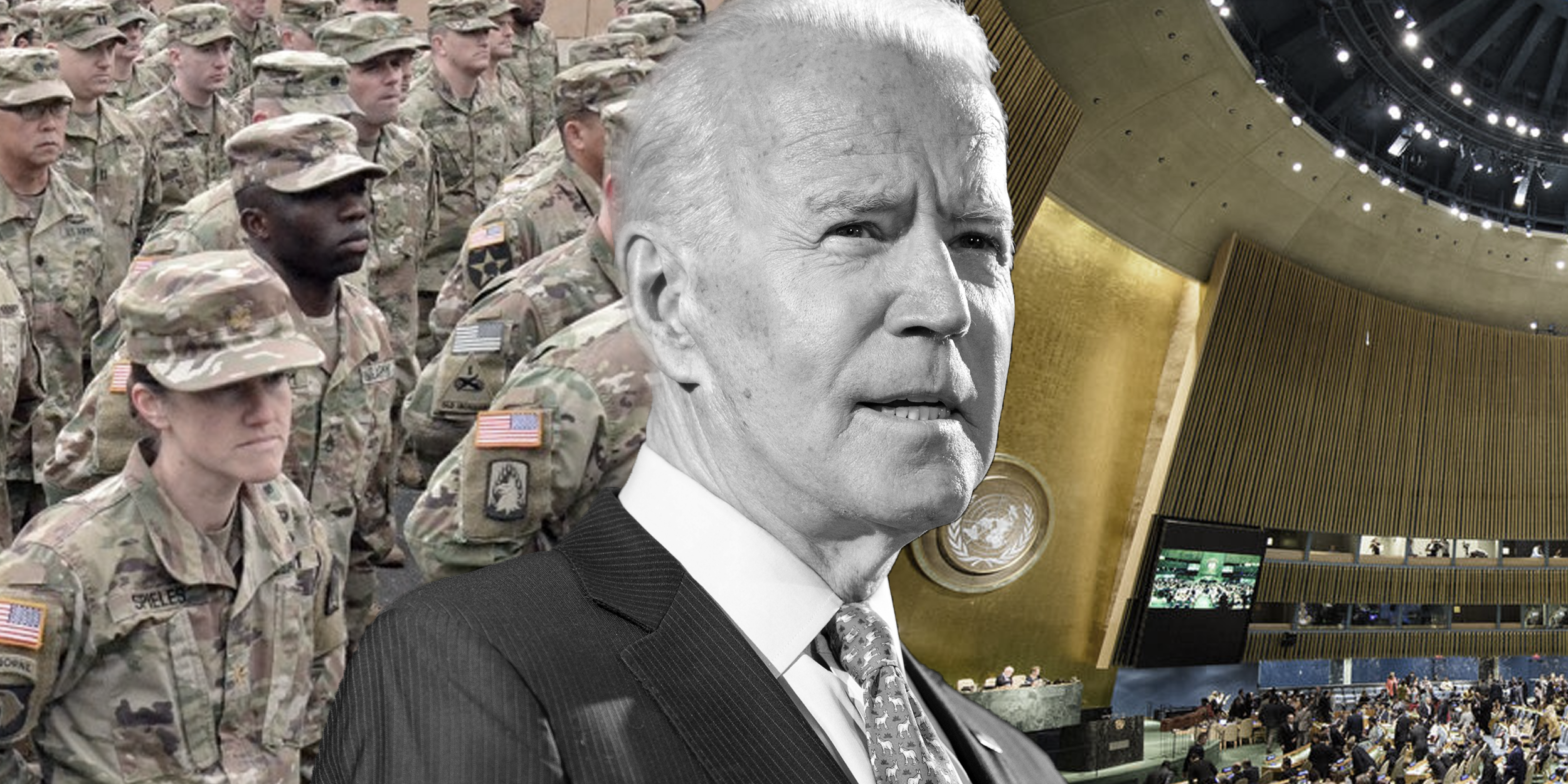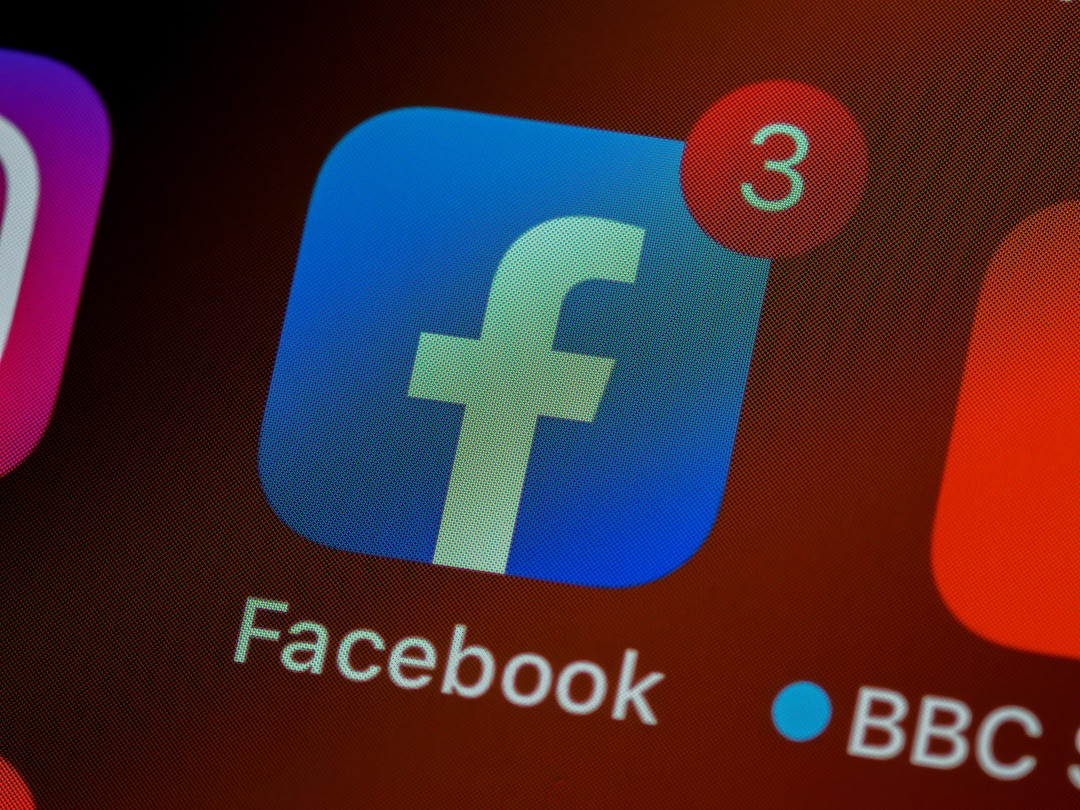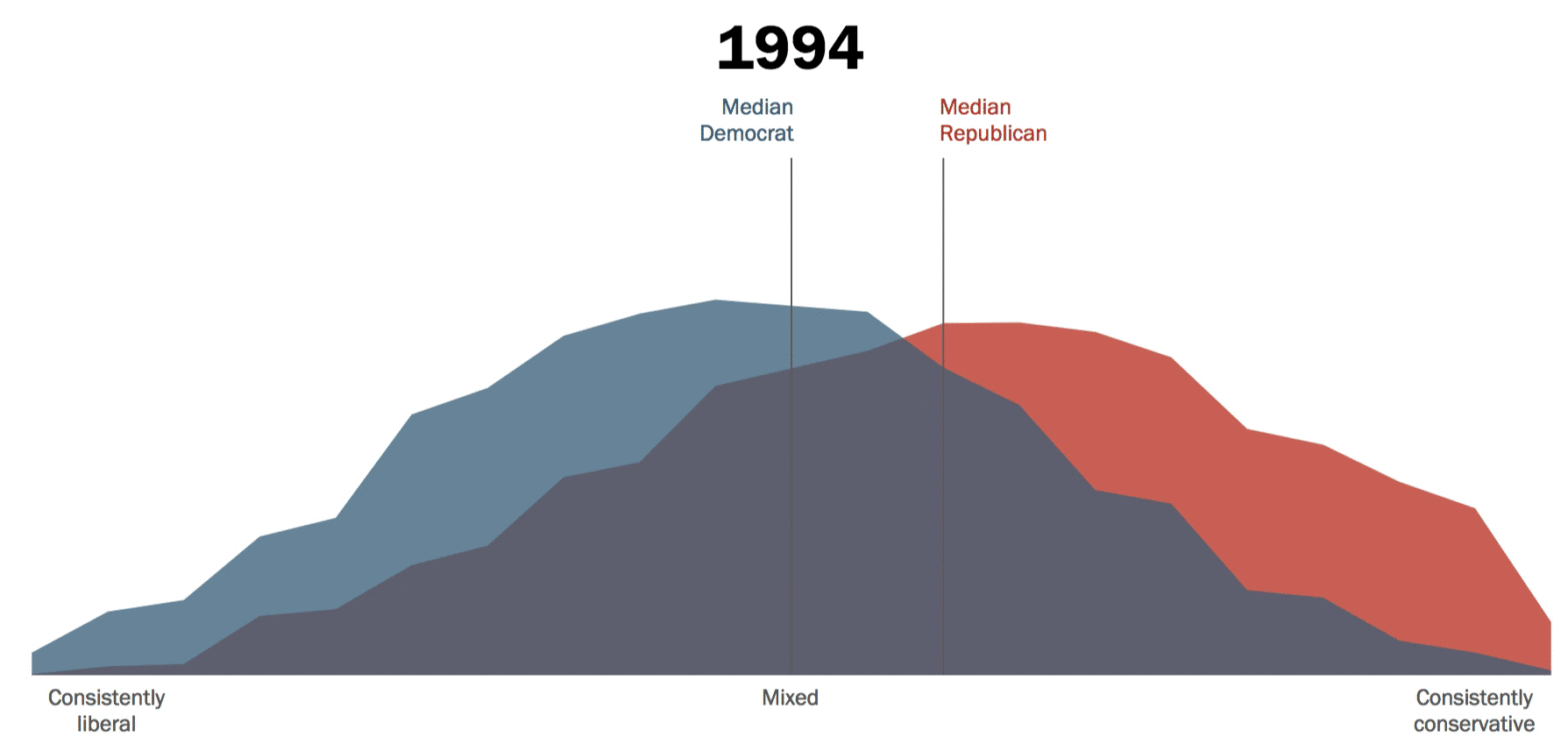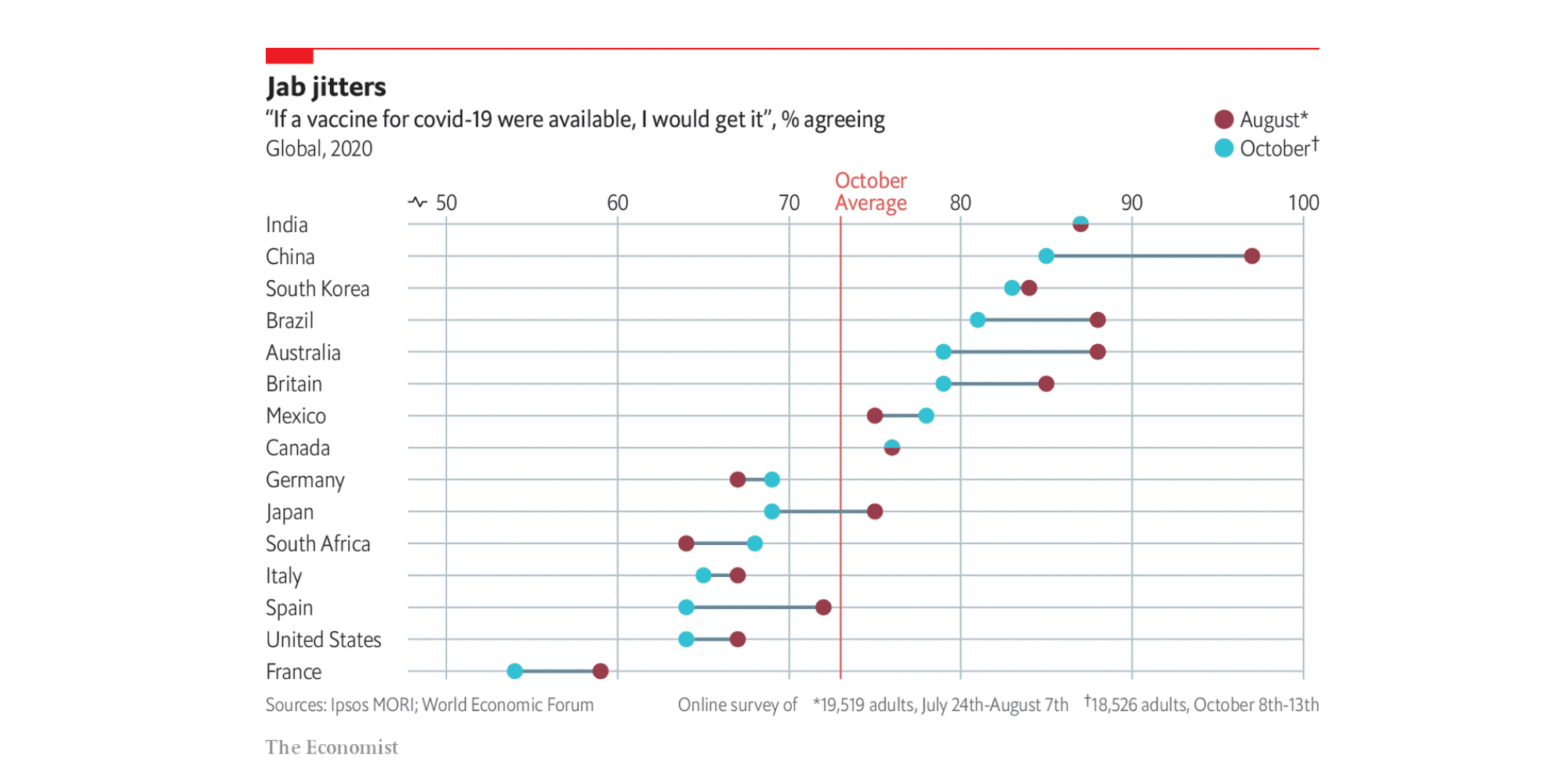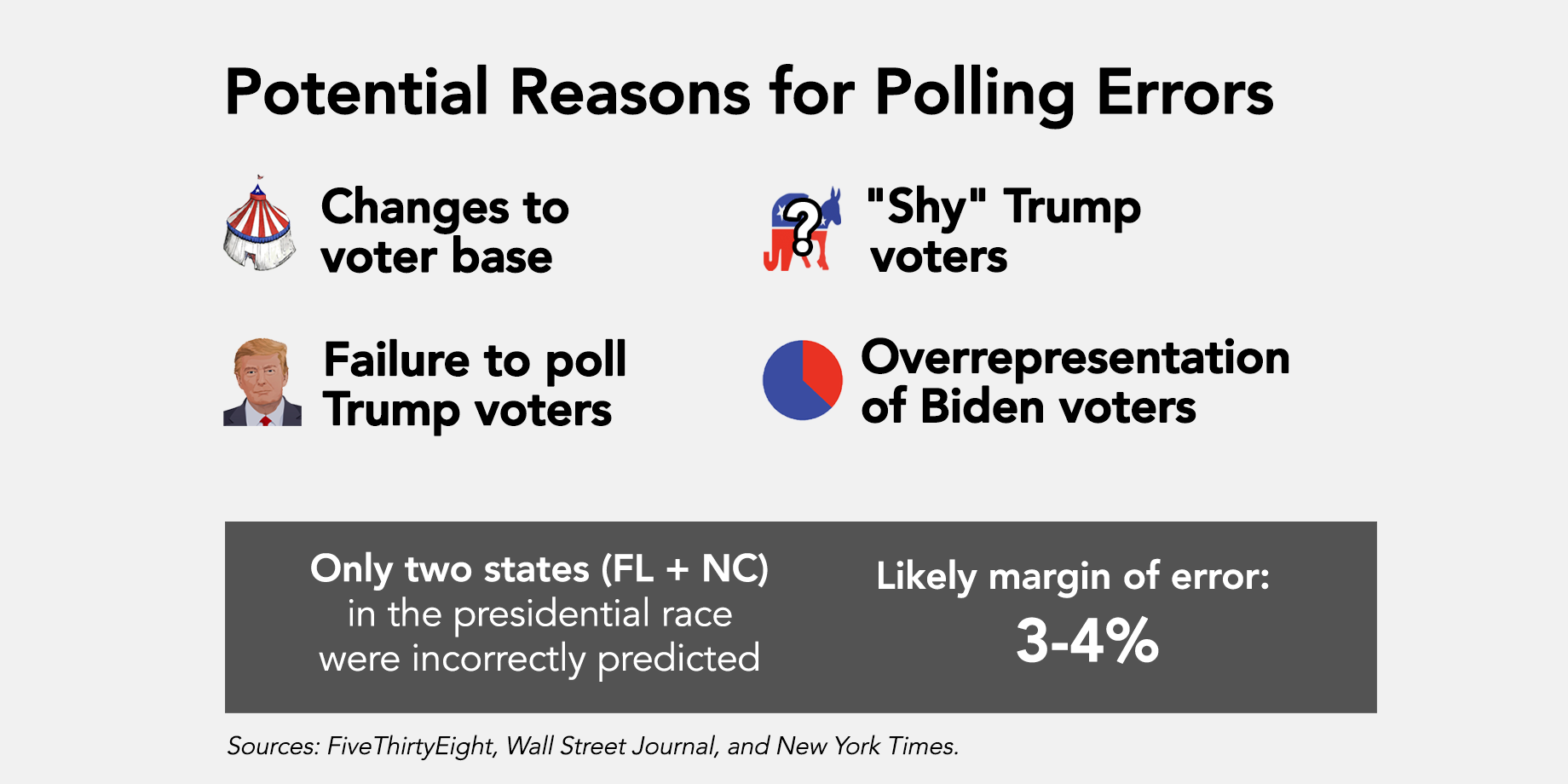The words media outlets use to describe events play a large role in shaping public perception of those events. As January 6 unfolded on Capitol Hill, there was a rapid shift in language, from “protesters,” “supporters,” and “rally” to “siege,” “rioters,” and “insurrection.” These choices — on the day of the attack and in its aftermath — matched the descent of a seemingly peaceful protest into a violent and dangerous attack on the seat of the U.S. federal government.
Continue reading “Insurrection, Siege, Riot: The Words Used to Describe the January 6 Capitol Attack”American Apathy: Our Declining Interest in Covid-19 Cases and Deaths
We are experiencing some of the deadliest days in American history, but the magnitude of the ongoing disaster defies human comprehension. As the number of Covid-19 cases and deaths climbed during 2020 and reached new heights in 2021, search volumes for Covid-related terms, specifically “cases” and “deaths,” have not followed suit. One might think that concern about the pandemic, measured through these metrics, would closely follow the severity of the disease. Instead, we are seeing just the opposite: people’s interest has, if anything, declined as the disease has intensified. Why is this and how might it be affecting our response to the pandemic?
Continue reading “American Apathy: Our Declining Interest in Covid-19 Cases and Deaths”How Dangerous Are the New Covid Variants?
In a cruel twist, 2020 left parting gifts: at least two new, seemingly more dangerous variants of Covid-19. B.1.1.7 was first identified in the UK in September and has recently accounted for more than half of new cases in the country. B.1.351 is the variant behind a new surge in cases in South Africa. Both show signs of being significantly more transmissible than non-variant Covid-19, and B.1.1.7 has already been identified in dozens of countries around the world, including the U.S. While scientists are relatively certain neither is more deadly, higher transmissibility could spell big trouble.
Continue reading “How Dangerous Are the New Covid Variants?”News in the Attention Economy: Are You the Customer or the Product?
Reflections on how The Social Dilemma applies to news sources relying on advertising revenue
Continue reading “News in the Attention Economy: Are You the Customer or the Product?”Can China’s Covid News Be Trusted?
China has received abundant ridicule for its role in Covid-19, from its early negligence, to its influence over the World Health Organization, to its draconian measures to control the virus. Part of the negative perception in the West was an assumption that reporting on Covid cases and deaths within China was not to be trusted — just as the Chinese political system had failed to acknowledge the emergence of the virus, surely the government would use its extensive societal control to downplay the disease’s impacts within China.
Continue reading “Can China’s Covid News Be Trusted?”How Will Foreign Policy Change Under a Biden Administration?
Soon after President-elect Joe Biden’s inauguration on January 20, U.S. foreign policy will steer toward more familiar waters. While President Trump’s approach to the international system has been unconventional, isolating, abrasive, and at times counterproductive, it also bore some fruit, for example, by confronting China or by impressing upon allies the need for more equal partnerships. Yet Trump’s foreign policy stood out against near-term predecessors in its distrust of the international, rules-based order and its belief that the U.S. could secure policy goals alone, without full engagement with the multilateral politics that have defined global politics in the twenty-first century. The overarching feature of Biden’s foreign policy will be a reaffirmation of the international system, a return to multilateral politics, and a resumption of the belief that the U.S. is strongest when it works with partners around the world.
Continue reading “How Will Foreign Policy Change Under a Biden Administration?”Why Is the News Biased?
A look into how increasing advertising revenue and motivated reasoning can drive polarization in the news sphere.
Continue reading “Why Is the News Biased?”Can You Remain Unbiased When Reading the News?
Just before the 2020 general election, a friend on Twitter paraphrased a famous quote that says, “if you don’t stand for something, you’ll fall for anything.” And later, another friend on Whatsapp said, “you have to take a side. Not taking a side, in the face of what we are seeing, is actually taking sides.” The narrow margin of victory suggests such anecdotes may be shared by a large portion of the population.
Continue reading “Can You Remain Unbiased When Reading the News?”Can the Government Mandate a Covid-19 Vaccine? Will It Have To?
With the emergence of two vaccines with high levels of effectiveness, there’s a strong prospect of having powerful new tools to combat Covid-19 in the months ahead. But the road between a vaccine and society returning to normal is far from certain. Millions of doses will need to be produced and intelligently distributed, and critically, people must be willing to take them. The last few months have seen already-low confidence in such a vaccine fall even further, with just two-thirds of Americans expressing a willingness to be vaccinated when one becomes available. Similar trends are playing out globally.
Continue reading “Can the Government Mandate a Covid-19 Vaccine? Will It Have To?”Why Were the Polls Wrong?
Since the election on November 3, one question on many people’s minds was how the polling industry could have interpreted the desires of American voters so poorly. While many polls had shown large leads for President-elect Joe Biden in key swing states, the evident reality that played out over the next few days was that pollsters had once more failed to capture the level of support for President Donald Trump. Though this error has not proven as significant as 2016, given Biden’s victories in many key states, the results are much closer than predicted by most major election pollsters and forecasters. How did the polling industry once again misjudge Americans’ voting preferences by such a large margin?
Continue reading “Why Were the Polls Wrong?”

